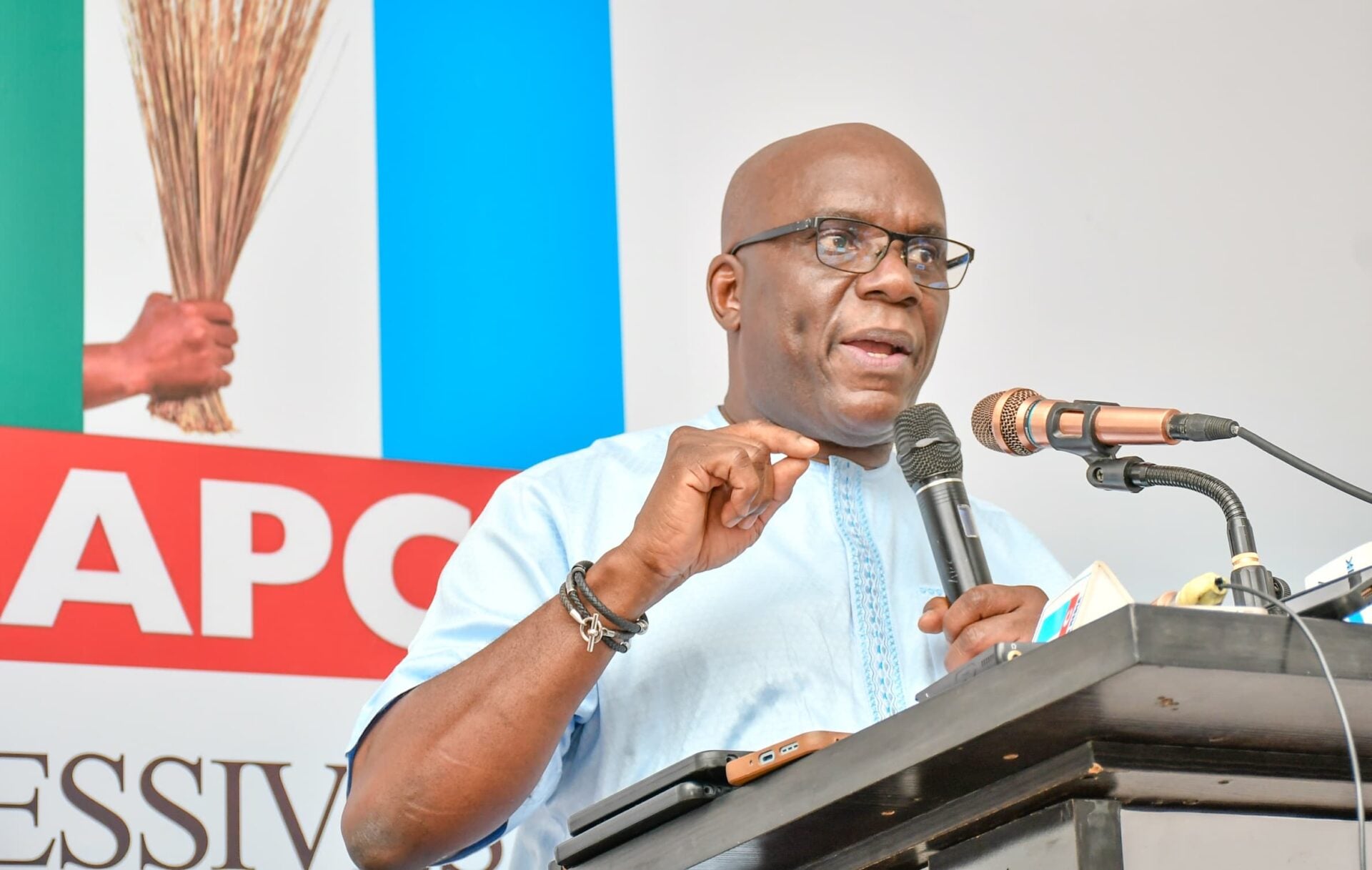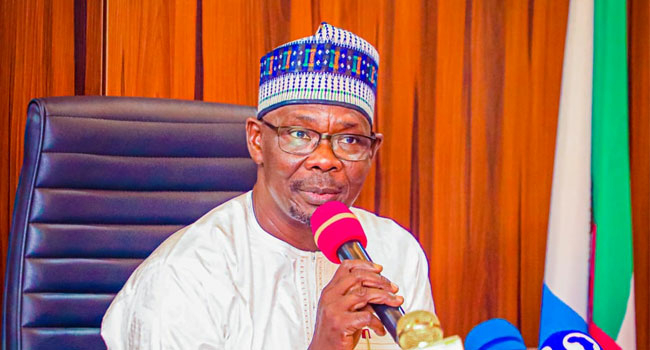Former Speaker of the House of Representatives, Yakubu Dogara, described President Bola Tinubu’s tax reforms as a “survival pact” meant to stabilise Nigeria’s struggling economy. He said the reforms are not punitive but necessary to prevent further economic decay. Dogara spoke during the Distinguished Parliamentarian Lecture at the National Assembly in Abuja. He noted that by the time Tinubu assumed office, the economy suffered from excessive money printing, dual exchange rates, and untethered policies that drained value from the naira. Those issues, he said, made sweeping tax reform unavoidable.
Key Changes and Their Intended Impact
Dogara pointed out that the reforms consolidate sixteen separate federal tax laws into four modern Acts. These include the Nigeria Tax Act 2025, Nigeria Tax Administration Act 2025, the Nigeria Revenue Service (Establishment) Act, and the Joint Revenue Board Act. The package expands the tax base to cover digital services, virtual currencies, and foreign exchange gains. It also introduces exemptions for low-income individuals and small businesses. Dogara believes these changes will protect the poor, encourage investment, and level the playing field across sectors.
Addressing Opposition and Fears
Despite his praise, Dogara acknowledged strong opposition to the reforms. He said critics, including vested interests, tried to cast the reform process as dictatorial rather than bold and necessary. Many Nigerians worry about how levies like the fuel surcharge will affect daily life. Dogara clarified that the fuel surcharge is not new; it restates an existing provision under the Federal Roads Maintenance Agency Act 2007. He reassured citizens that essential energy products like kerosene, LPG, and cooking gas will remain exempt.
Challenges in Implementation
Dogara emphasized that implementing these reforms will not be easy. He cited uncertainty over interpretation, gaps in technological readiness, a shortage of skilled manpower, and upfront compliance costs as real obstacles. Moreover, he underscored that the government must earn public trust to succeed. According to him, transparency in how tax revenues are used on infrastructure, education, and security is essential. Also, citizens must treat taxation as a covenant: compliance should flow from confidence in government performance.
Why These Reforms Could Matter Long Term
If the reforms succeed, Dogara argues, Nigeria could achieve several benefits. First, simplifying and harmonising tax laws could reduce corruption, loopholes, and administrative burden. Second, broadening the tax base would increase government revenue without unduly harming the poor. Third, enforcing fairness and clarity could restore faith in institutions. Ultimately, the reforms may help Nigeria achieve its development goals if revenue streams become steady, predictable, and effectively managed.
Click here to read about Tinubu Cutting Short Vacation to Resume Duties




https://shorturl.fm/z8rRD